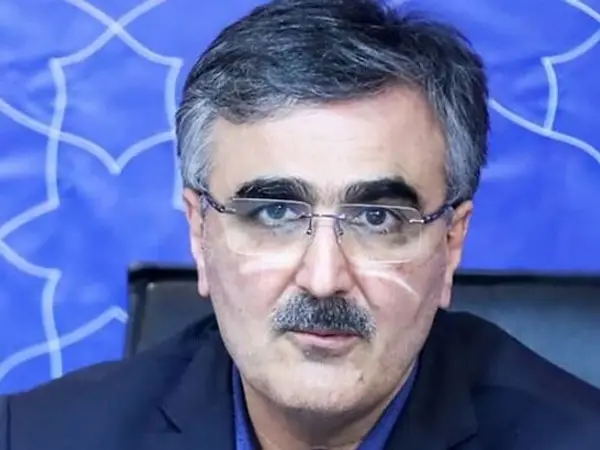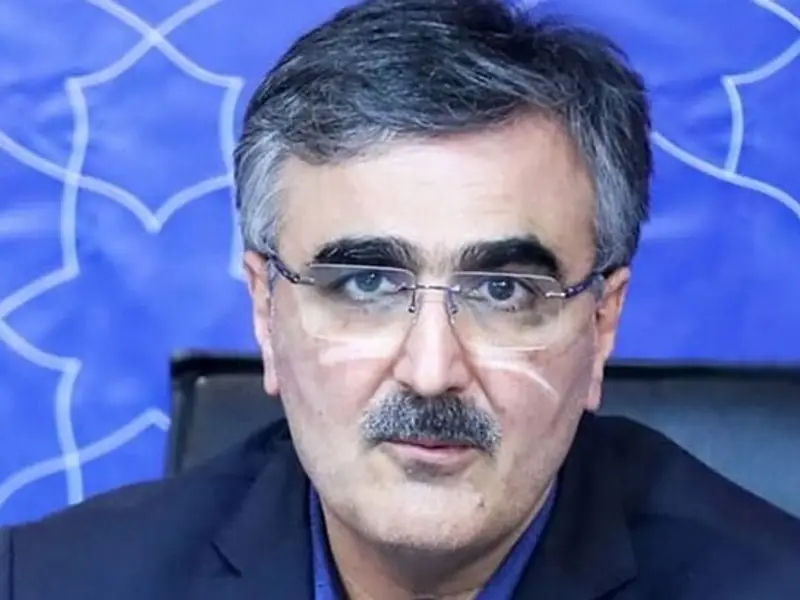The new chairman of the Central Bank of Iran (CBI), amid a serious economic crisis, said Friday that macroeconomic indicators show signs of improvement.
Mohammad-Reza Farzin, appointed last week, did not explain which economic indicators show improvement. His predecessor was sacked because of a serious financial and currency crisis.
The Iranian rial has lost 50 percent of its value since mid-2021 and 30 percent this year, raising fears of higher inflation. Iran’s annual inflation rate is al,ost 50 percent, with food prices averaging 78 percent increase in the past 12-month period.
The financial crisis comes at a time of antigovernment protests, instilling anger among the population impoverished in the past five years after the United States imposed sanctions on Iran’s economy.
Farzin was speaking at his first meeting of a government outfit called “Headquarters for Economic Information and Propaganda” established in 2018 to fight against “psychological warfare” in markets. Iranian officials often blame poor economic performance on “enemy” conspiracies.
Farzin strongly intervened in the currency market on December 31 as the rial sank to 440,000 to the US dollar last week. The amount of foreign currency injected into the market was kept secret, but the rial regained close to 10 percent of its value but remained at almost an all-time low of 400,000 to the US dollar. Subsequent interventions only had a temporary impact.
The rial has been steadily losing value since the Islamic Republic was established in 1979, when the dollar equaled just 70 rials.

